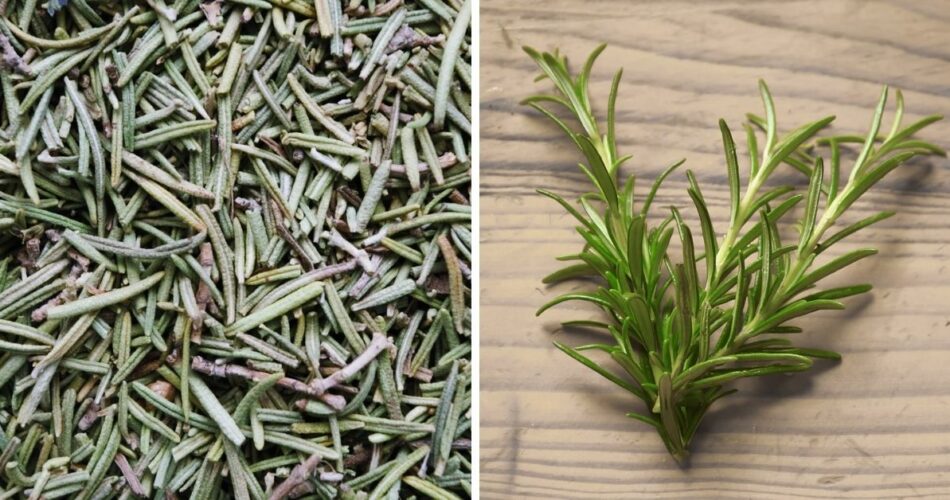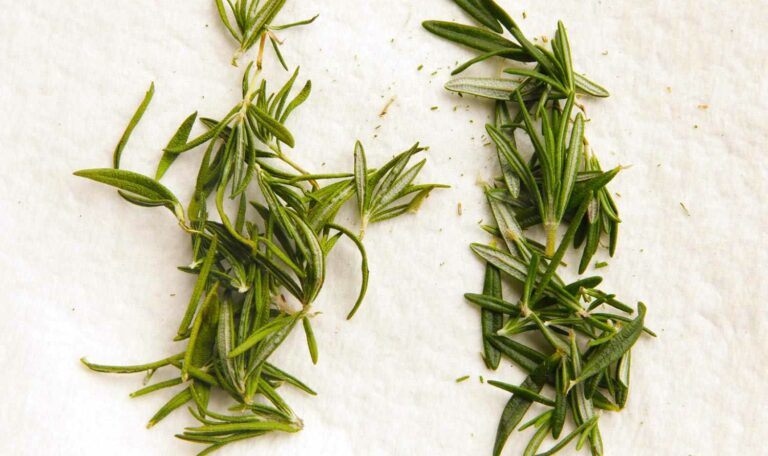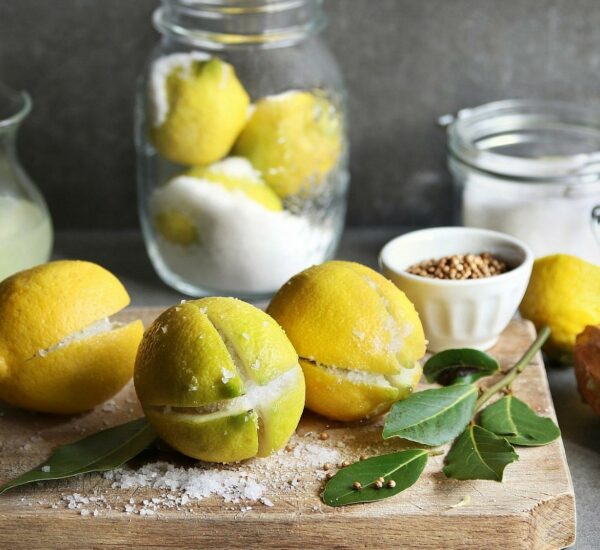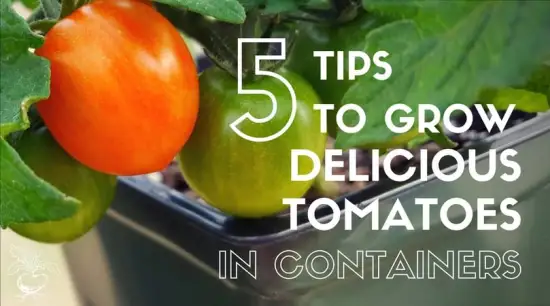Introduction to Dry Herbs and Fresh Herbs
Understanding the differences between dry herbs and fresh herbs is crucial for culinary, medicinal, and horticultural purposes. Both types offer distinct flavors, aromas, and uses, each with its own advantages and considerations.
What are Fresh Herbs?
Fresh herbs are harvested directly from plants and used in their natural state, typically soon after harvesting. They retain their moisture, aroma, and vibrant appearance, offering peak flavor profiles for culinary dishes and medicinal applications.
What are Dry Herbs?
Dry herbs undergo a process of dehydration to remove moisture, preserving their flavor compounds for longer storage periods. They are commonly used in culinary preparations, herbal remedies, and as seasoning due to their concentrated flavors.
Characteristics of Fresh Herbs
Flavor and Aroma
Fresh herbs are renowned for their intense flavors and aromatic profiles, which are often more pronounced compared to their dried counterparts. Varieties like basil, cilantro, and mint offer vibrant tastes that enhance dishes when used freshly picked.
Nutritional Content
Fresh herbs are rich in essential oils, vitamins, and antioxidants that can degrade during drying processes. They provide valuable nutrients and health benefits, contributing to balanced diets and culinary diversity.
Culinary Use
In cooking, fresh herbs add a burst of flavor and visual appeal to dishes. They are commonly used in salads, garnishes, marinades, and as finishing touches to preserve their delicate flavors.
Characteristics of Dry Herbs
Flavor and Aroma
Dry herbs retain concentrated flavors but may lose some aromatic compounds during dehydration. They offer convenience and extended shelf life, making them ideal for seasoning dishes, soups, sauces, and spice blends.
Shelf Life and Storage
Dry herbs have a longer shelf life compared to fresh herbs and can be stored for months without significant loss of flavor. Proper storage in airtight containers away from heat and light preserves their potency.
Culinary Use
Dry herbs are versatile in the kitchen and often used when fresh herbs are not available or practical. They are essential in spice mixes, rubs, baking, and slow-cooked dishes where prolonged cooking time enhances their flavors.
Comparing Fresh and Dry Herbs
Flavor and Culinary Impact
Fresh herbs offer immediate, vibrant flavors that elevate dishes with their freshness and aroma. In contrast, dry herbs provide concentrated flavors that intensify over cooking time, suitable for dishes requiring longer cooking or steeping.
Nutritional Value
Fresh herbs maintain higher levels of vitamins and antioxidants, offering superior nutritional benefits compared to their dried counterparts, which may lose some nutrients during dehydration.
Practical Considerations
Dry herbs provide convenience and accessibility year-round, whereas fresh herbs require timely use after harvesting and are seasonally dependent for optimal freshness.
Conclusion
Understanding the distinctions between dry herbs and fresh herbs empowers chefs, herbalists, and home cooks to maximize flavors, nutritional benefits, and culinary creativity. Whether choosing fresh herbs for immediate impact or dry herbs for long-term storage and convenience, both forms enrich culinary experiences and health-conscious lifestyles.
- Lip Filler London – Lip Augmentation & Natural Lip Enhancement - December 16, 2025
- Tennessee’s THC Beverage Market - June 5, 2025
- Top THC Infused Seltzers in Delaware - June 5, 2025





